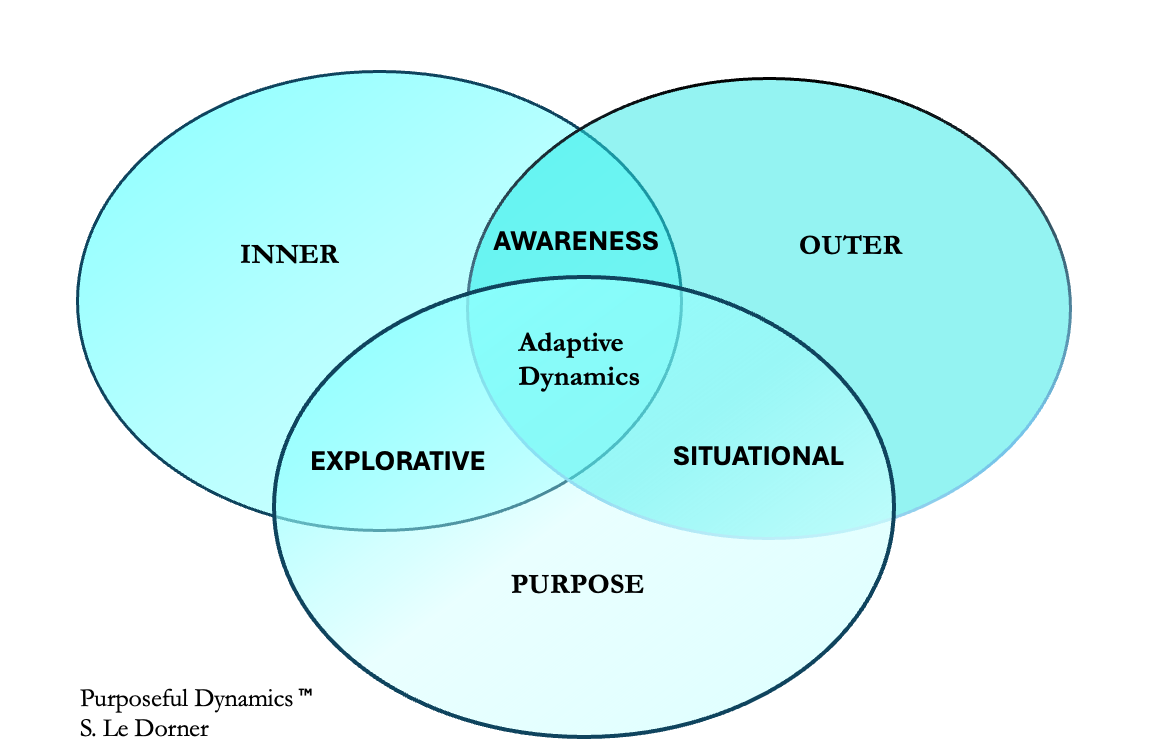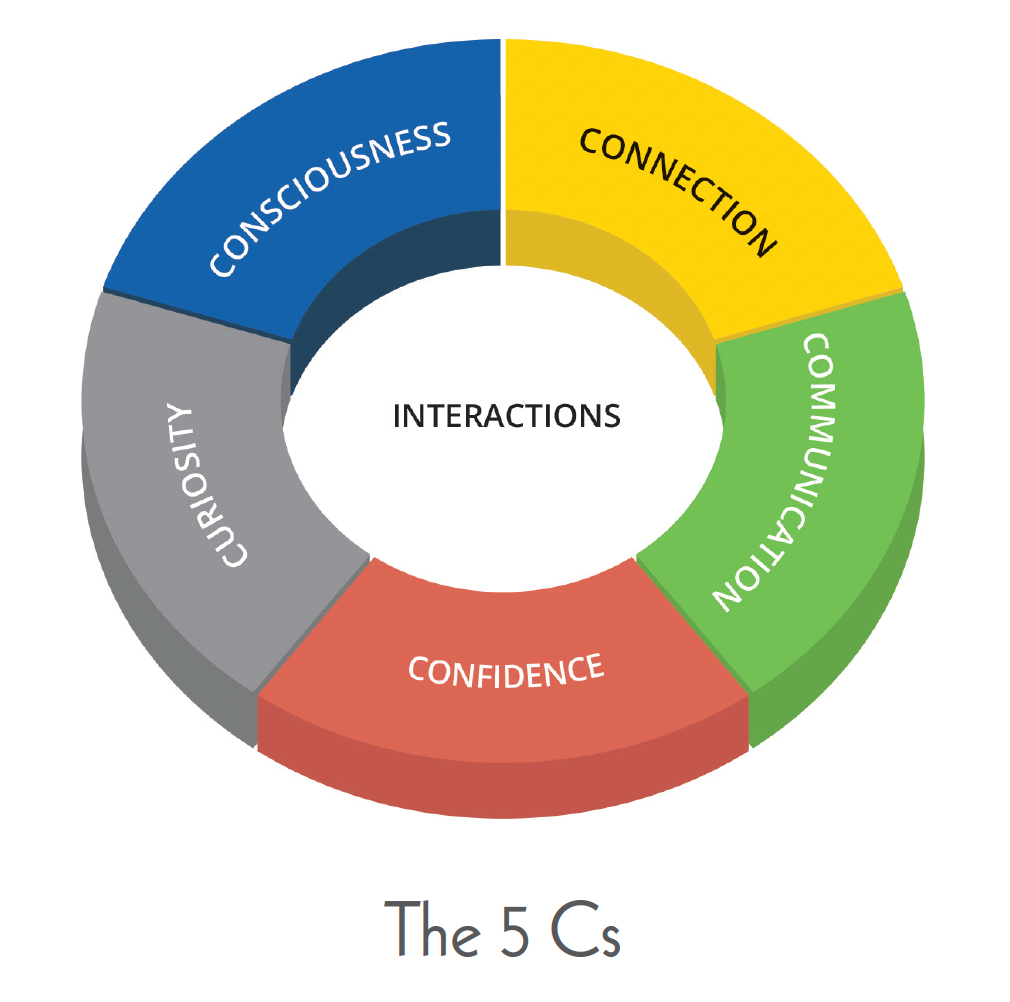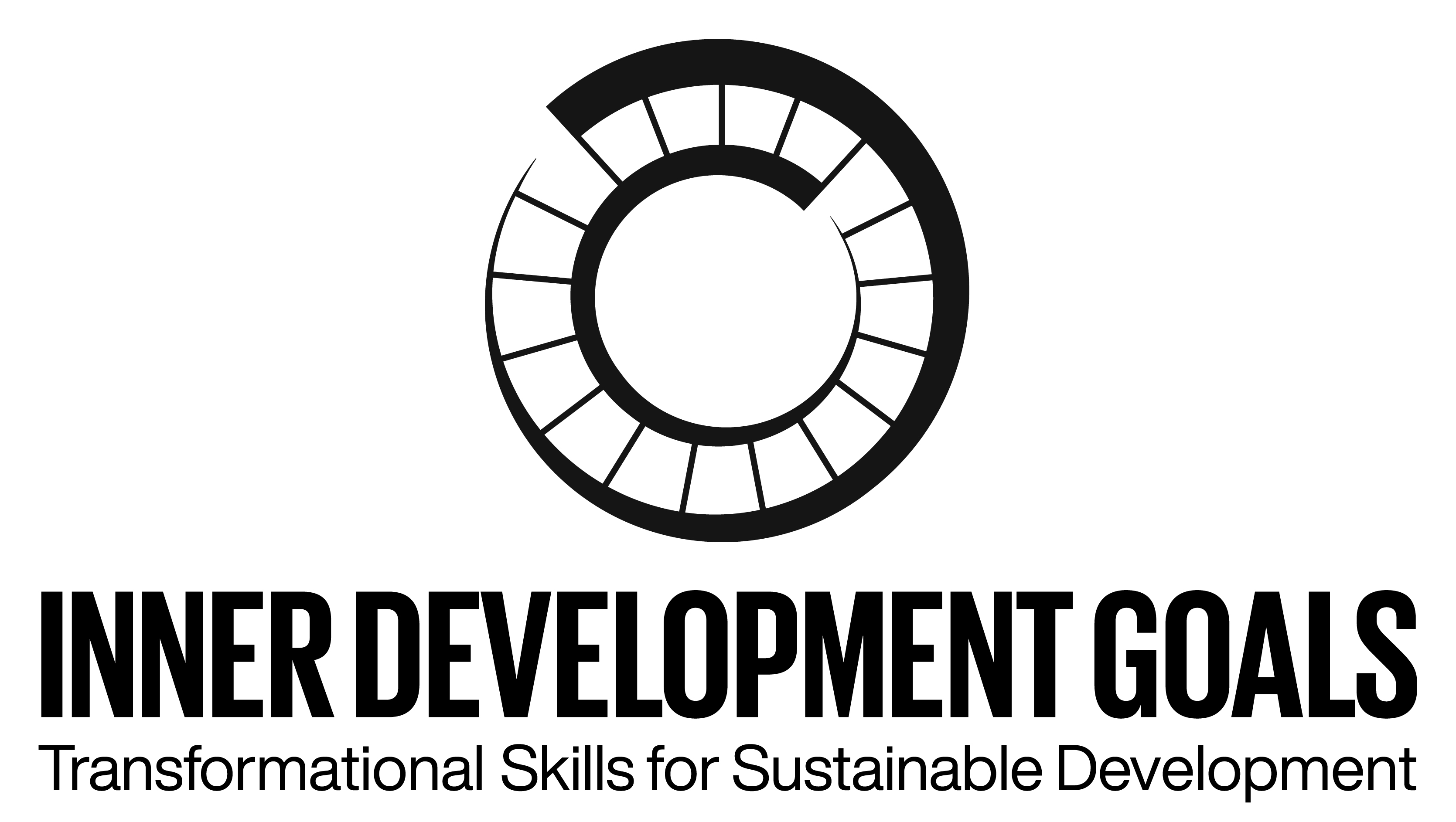My vision :
Learning as a living movement that grows life.
Transforming dynamics into a living movement that connects, brings meaning and opens new possibilities — for ourselves, for others and for the world.
My mission:
I co-create learning experiences that shift teams from stuckness to flow so schools and organizations can learn, work and flourish with trust and meaning.
My conviction:
In my view, learning doesn’t get stuck because of a lack of effort.
It gets stuck because we’re asked to grow inside systems that were never designed to support that growth.
We keep trying to learn something new inside old contexts.
At school, we ask for curiosity but reward conformity.
In companies, we call for collaboration but celebrate individual performance.
We talk about transformation, yet we keep designing transmission.
Across schools and organizations alike,
the same pattern emerges:
a gap between being and becoming,
between performance and purpose.
Learning is not the transfer of knowledge —
it’s the evolution of being through lived experience.
It’s not only about content —
it’s about context: relationships, dynamics, and meaning.
And the real shift happens through lived experience —
when we name what no longer makes sense,
clarify what we truly desire,
and dare to take a micro-action together.
This is what I call Purposeful Dynamics:
engaging our senses, our hearts, and our minds
to turn everyday interactions into levers of trust, flow, and meaning.
But for these transformations to take root,
we need a common language —
a language that helps us name what we experience,
understand what we share,
and act together with greater awareness and coherence.
Change doesn’t last through persuasion.
It grows through experience —
when we experience ourselves differently,
with others and with the world.
I don’t want learning to be a simple exchange of content.
I want it to become a living movement —
a living, human, and conscious process
where we learn by growing,
and grow by learning.
It’s time to move from old systems of transmission to living systems of development — where learning is not about control or content, but about connection, meaning, and becoming.
+ info







